The Most Extensive Nutritional Genomic Test On The Market.
Diet Designed by Data
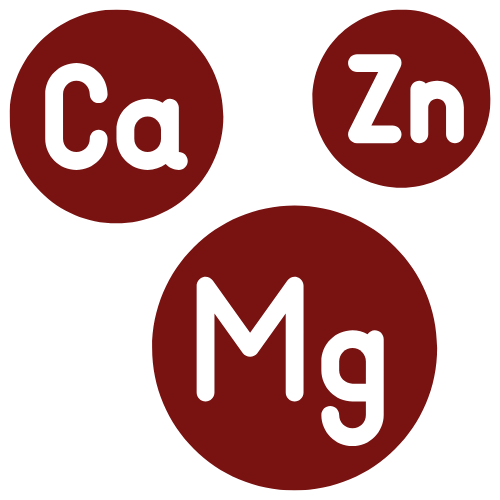
Nutrient Metabolism
Vitamin A, B12, C, D, E, Folate, Choline, Calcium, Iron
Overload & Iron
Overload
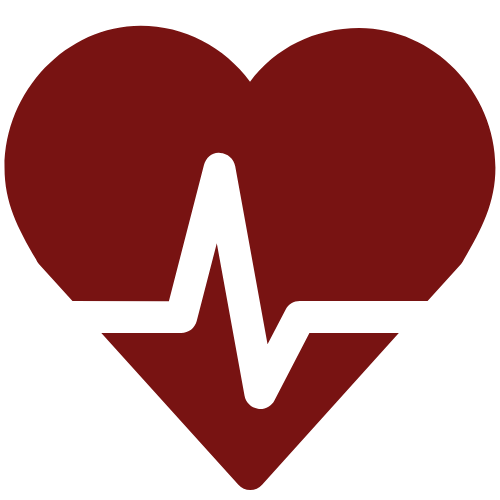
Cardiometabolic Health
Caffine, Whole Wheat, Omega-6, Omega-3, Sodium & Physical Activity
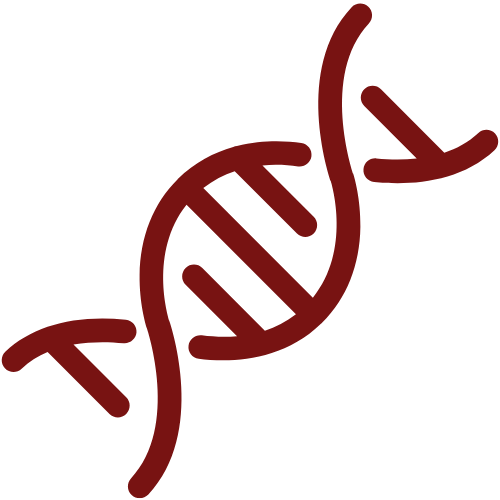
Genomic Recommendations
99.9% Accurate Diet Recommendations Based on Genomics
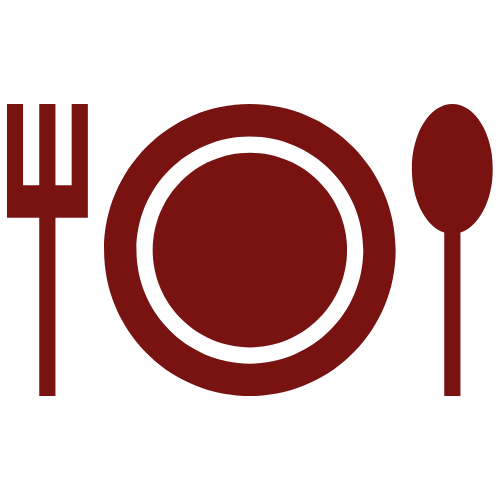
Food Intolerances and Sensitivities
Caffeine, Lactose & Gluten Genetics
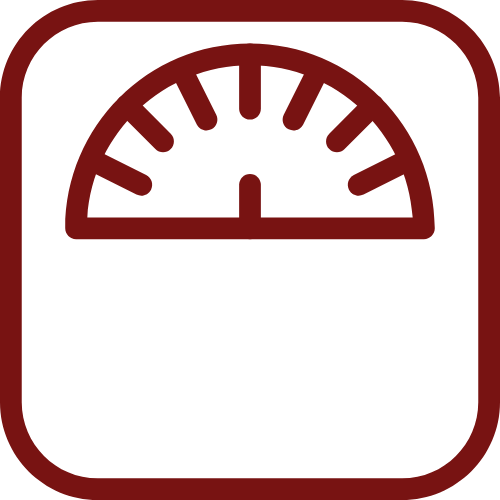
Weight Management and Body Composition
Physical Activity, Protein, Energy Balance, and Fat Intake

Exercise Physiology, Fitness and Injury Risk
Motivation to Exercise, Power, Endurance, Muscle Damage, Bone Mass, and Pain

Eating Habits
Fast Taste Perception, Sugar Intake, & Eating Between Meals

Inflammation and Antioxidant Capacity
Adiponectin, Interleukin 6, Superoxide Dismutase 2, & Nitric Oxide
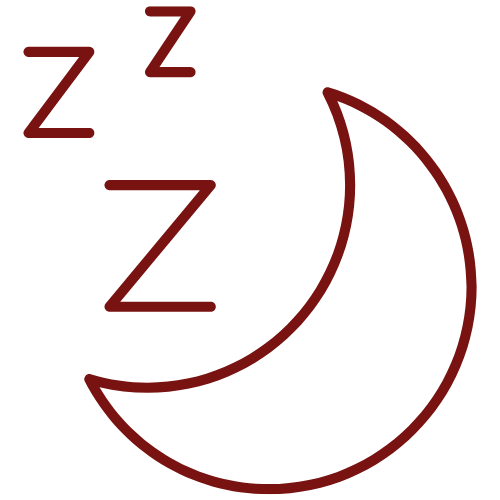
Sleep and Lifestyle
Short Sleep Duration & Alcohol
Sensitivity
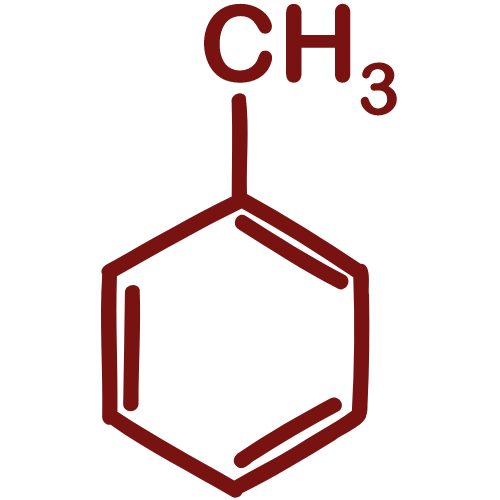
Methylation
Methionine Reductase, Methionine Synthase Reductase, Methylene-
Tetrahydrofolate Reductase A, & Methylene-Tetrahydrofolate Reductase B

Hormone Metabolism
Hormone Metabolism, Aromatase, Cyto hrome 1B1, UDPGlucuronosyltransferase 2B15, Mitochondrial Superoxide Dismutase 2, Catechol OMethyltransferase, Glutathione S-transferase P1, & S-transferase T1
What does the test look like?
The Homeostasis Diet's goal is to write the diet plan for the rest of your life. Diet planning in the 20th century is now based on genetics. Any recommendations from professionals should be done under the guidance of scientific evidence. Unique genetics of each individual explain what foods one should be consuming. Our team evaluates 77 genes to assess factors such as health, hormones, fitness, and lifestyle. To provide you with insight into your gene variants, we have developed a concise 26-minute presentation on this page for your viewing pleasure.
3 Easy Steps

Book Your Phone Call
You can book at the bottom of the page.

Receive Your Package
Shipment takes 3-5 business days.

Work With Professional
Connect directly with our Dietitian.
Hundreds of genes appear to have come from bacteria - one of which has been associated with depression.
Do You Drink Coffee or Consume Caffeine?
Caffeine is the most widely consumed stimulant in the world and coffee is the most significant source of caffeine, with tea, soda and chocolate also contributing to intakes. Research has shown that caffeine can influence cardiovascular health. However, the reported effects of coffee on the cardiovascular system have been inconsistent and at times have appeared contradictory. Some studies reported a link between high coffee consumption and an elevated risk of high blood pressure and heart disease, while other studies have shown no effect or even a protective effect with moderate intake. Two landmark studies* have now shown that the effect of coffee on cardiovascular disease depends on a variation in a gene called CYP1A2.
We are survival machines – robot vehicles blindly programmed to preserve the selfish molecules known as genes.
What Others Are Saying.







FAQ
